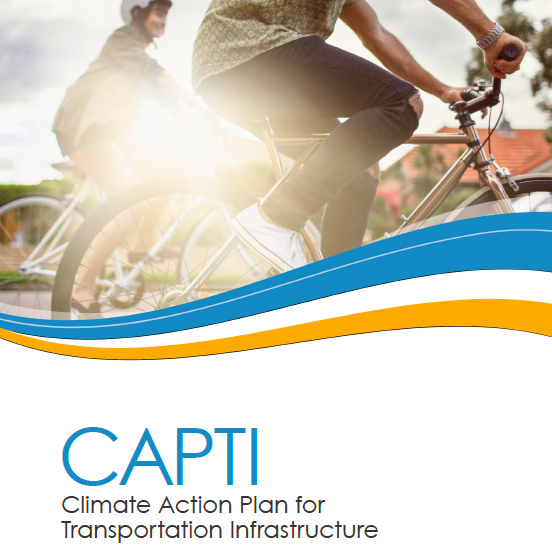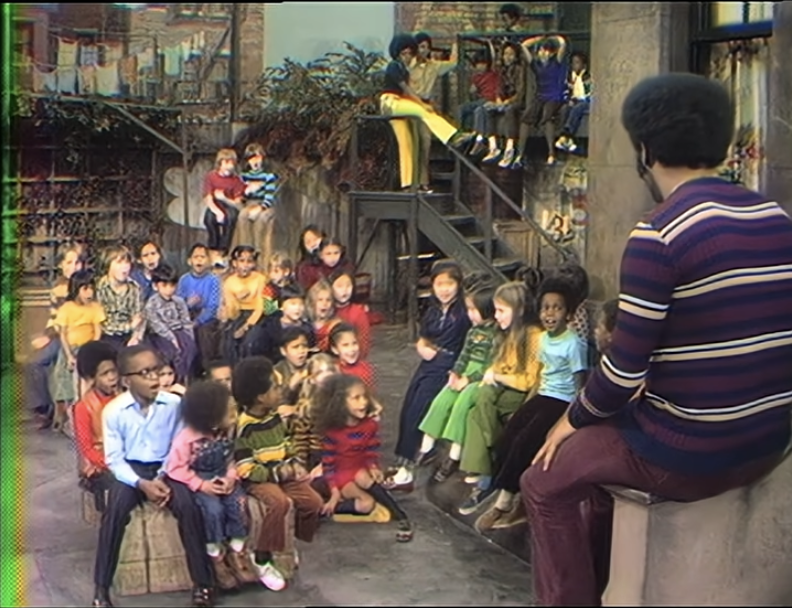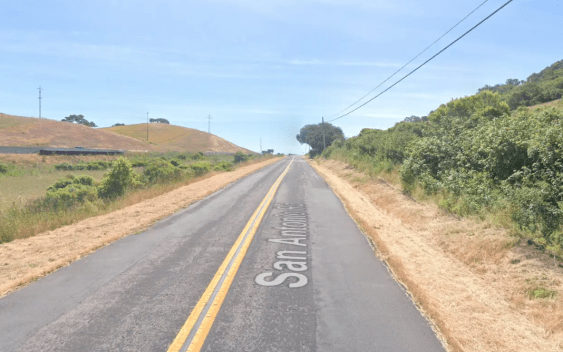In response to several executive orders from Governor Gavin Newsom calling for California to reduce greenhouse gases in the transportation sector, the California State Transportation Agency (CalSTA) has developed a plan to guide California transportation investments towards sustainable, clean transportation options.
The Climate Action Plan for Transportation Infrastructure, or "CAPTI," is supposed to "identify near term actions, and investment strategies, to improve clean transportation, sustainable freight, and transit options" while maintaining the "fix-it-first" approach that stems from the backlog of maintenance needed to keep current transportation infrastructure in good repair.
CAPTI focuses on pots of money that have some flexibility. That is, CAPTI doesn't change any of the existing transportation funding programs or structures, including the mandate that funding from the gas tax be used only for transportation, and that focus on maintenance.
But it sets out guiding principles for funding decisions that should be taken into account on every transportation investment.
It calls for supporting "an integrated, statewide rail and transit network," "networks of safe and accessible bicycle and pedestrian infrastructure," and zero-emission vehicle infrastructure. They say investments should take climate risk into account, help reduce fatalities, promote projects that do not increase vehicle travel, support infill development, and protect natural and working lands.
The plan also calls for considering the state's "commitment to social and racial equity by reducing public health and economic harms and maximizing community benefits."
This is a big deal and should bring a huge change in California's transportation system. Until now, the state has made decisions about how to invest its considerable transportation dollars wholly based on a vague policy framework that encourages spending on big, new capital projects (through federal highway funding programs, for example) without seriously considering health, livability, or even housing impacts on communities affected by them. Newsom's executive orders are pushing that framework in a new direction, one that takes into account the environment, people's health and welfare, equity, mobility, access, and climate change.
It should mean that, eventually, California will focus its considerable transportation funding on people's needs rather than on big, fast highways that move as many cars as possible.
This is only a small part of what needs to be done to create a transportation system that works for everyone in California, however. CAPTI only applies to "discretionary" funding, whereas it could be argued that every transportation investment should consider these principles. In addition, the "where feasible" wording leaves a lot of wiggle room for anyone who wants to find a way out of following these guidelines.
At the very least, however, it will force decision-makers to at least talk about these things--something they have not had to do up until now. Advocates will need to keep pushing to make sure they are applied, and the notions of what actions, for example, help reduce fatalities will need refinement.
California Transportation Secretary David Kim, in his statement upon the release of this draft plan, pointed to the urgent need to reduce greenhouse gas emissions in transportation.
“There is no time to lose,” he said. “This plan calls for increased investments to support zero-emission transit, freight and rail as well as projects that vastly expand safe access to walking, biking, and transit to reduce our dependence on driving and promote healthy communities – particularly in low-income neighborhoods of color that often bear the brunt of pollution and lack access to affordable mobility options.”
CalSTA will hold a public workshop on the plan next week, on Thursday, March 18 (register here), and it will be presented and discussed at the upcoming California Transportation Commission meeting. The draft plan and more information can be found here, and CalSTA is taking feedback on it until May 4 (via email to CAPTI [at] calsta.ca.gov).






